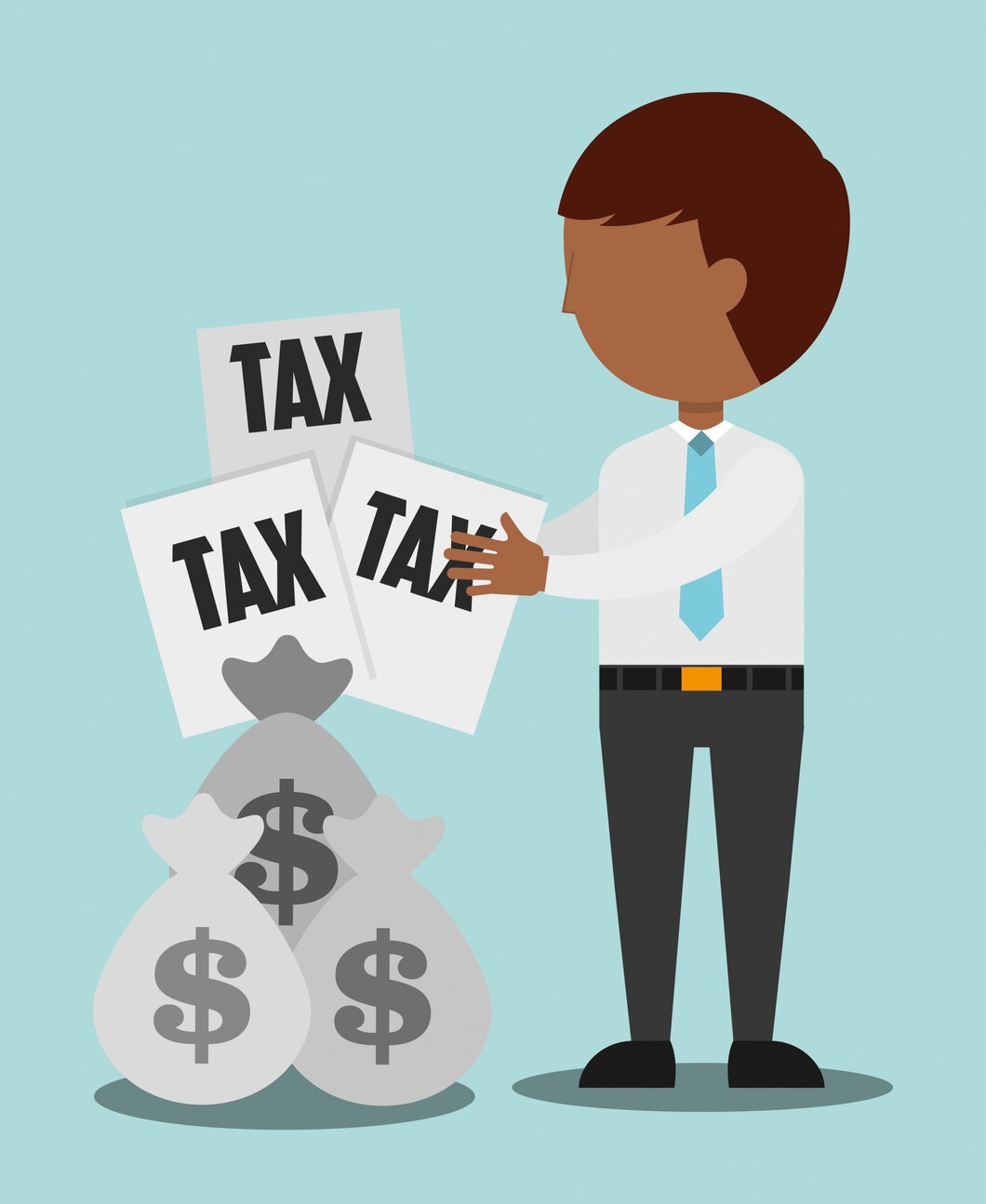Understanding the distinction between back and current taxes is crucial, especially when managing financial obligations. At JD Tax Law, we aim to demystify these terms and help you easily understand your tax responsibilities. Whether you’re an individual taxpayer or a business owner in Texas, knowing the difference can help you effectively handle your tax affairs.
Defining Back Taxes
Back taxes are tax liabilities that remain unpaid from previous years. This term is used to describe any taxes that were due in the past but were not settled by the taxpayer. Here’s a closer look at what back taxes encompass and why they occur:
- Unpaid Taxes from Previous Years: Back taxes are the amounts owed to the Internal Revenue Service (IRS) or state tax authorities from prior tax years. These are distinct from current taxes due in the current tax year.
- Reasons for Accumulating Back Taxes: There are several reasons why you might end up with back taxes. Common causes include:
- Failing to File a Tax Return: If you don’t file a tax return by the due date, any taxes that should have been reported and paid through that return become back taxes.
- Underreporting Income: Inaccurately reporting income on your tax return, intentionally or unintentionally, can result in back taxes if the IRS discovers the discrepancy.
- Not Paying Full Amount Owed: If you file your tax return but don’t pay the total taxes due by the deadline, the unpaid portion becomes back taxes.
- Consequences of Having Back Taxes: The implications of owing back taxes can be severe and may include:
- Penalties and Interest: The IRS imposes penalties and interest on unpaid taxes, which can significantly increase the total amount owed over time.
- IRS Collection Actions: The IRS may take collection actions to recover back taxes. These actions include placing a lien on your property, levying your bank accounts, or garnishing your wages.
- Legal Action: In extreme cases, failing to pay back taxes can lead to legal action, including potential criminal charges for tax evasion.
- Addressing Back Taxes: It’s important to address back taxes as soon as possible to avoid these consequences. Options for resolving back taxes include setting up a payment plan with the IRS, negotiating an Offer in Compromise, or seeking penalty abatement.
Current Taxes
In contrast, current taxes are the taxes you owe for the current year. Staying on top of these taxes is essential to avoid falling into the trap of back taxes. Current taxes include any estimated tax payments for the current year and taxes due when filing your annual tax return. Timely paying current taxes helps you maintain good standing with the IRS and avoid additional charges.
Consequences of Not Paying Back Taxes
Not paying back taxes can lead to significant consequences that escalate over time. The Internal Revenue Service (IRS) takes unpaid taxes seriously and has various means to enforce collection. Here’s an overview of what can happen if you fail to pay back taxes:
- Accrual of Penalties and Interest: One of the immediate repercussions of not paying back taxes is the accumulation of penalties and interest on the unpaid amount. These additional charges increase the total tax debt, making it more burdensome to clear. Penalties can be for failing to file, pay, and underpayment, among others. Interest is compounded daily from the due date of the tax until the entire amount is paid off.
- IRS Collection Actions: The IRS has the authority to take strong measures to collect unpaid taxes. These actions can include:
- Tax Liens: A tax lien is a legal claim against your property, including real estate, personal property, and financial assets. A lien protects the government’s interest in your assets and can significantly affect your credit score and ability to sell or refinance property.
- Tax Levies: A tax levy involves the actual seizure of your property to satisfy the tax debt. This can include garnishing wages, taking money from your bank accounts, and seizing and selling your vehicles, real estate, and other personal property.
- Impact on Credit Score: The filing of a tax lien is a public record that can be reported to credit bureaus. This can adversely affect your credit score, making it difficult to obtain loans or credit in the future.
- Legal Implications: In severe cases, not paying back taxes can lead to legal consequences, including criminal charges for tax evasion. This is especially true if the failure to pay is deemed to be willful and with intent to defraud the government.
- Complicated Financial Situation: Unresolved tax debts can complicate your financial situation, creating a cycle of debt that is hard to break. It can impact your ability to make future financial plans, including retirement savings or asset investing.
Strategies to Address Back Taxes
If you have back taxes, it’s essential to address them promptly. Options include setting up a payment plan with the IRS, negotiating an Offer in Compromise, or seeking penalty abatement. Understanding these options and taking action can prevent further penalties and interest from accruing.
Contact JD Tax Law for Tax Assistance
Going through the complexities of back and current taxes can be challenging, but you can do it with others. At JD Tax Law, we provide guidance and support for your tax, accounting, and IRS matters. If you need assistance in Texas, call us at (844) 786-7477 or online to schedule a consultation. Let’s work together to find the best solution for your tax situation.

